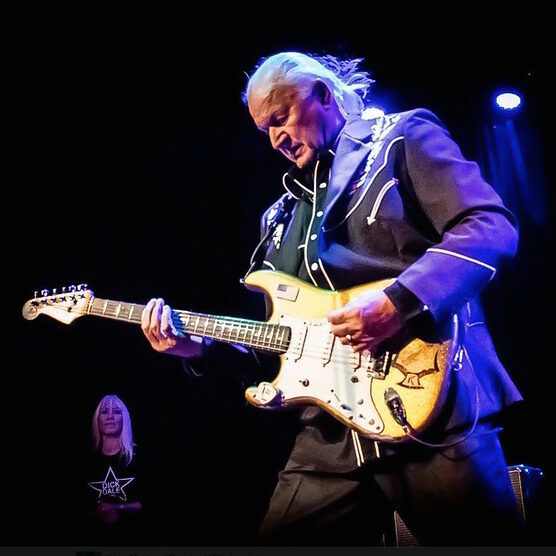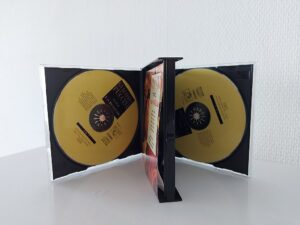Surf rock pioneer Dick Dale had the timing and talent to shape early rock ‘n’ roll. His innovative uses of reverb and aggressive picking technique have influenced every generation of electric guitar players since he burst onto the national scene in the early 1960s. In the world of pop music, nothing exists in a vacuum. So, where did Dale’s distinctive style come from?
Dale’s best-known piece of music is “Misirlou,” re-popularized to modern audiences by its use over the opening credits to Pulp Fiction. It is a composition that traces its roots to at least the 1920s in the eastern Mediterranean. It has a distinctly Arabic flavor, employing half steps and flats instead of the more common whole steps used in Western scales and compositions. Other early Dick Dale songs, such as “Surf Beat” or “The Wedge,” use similar scales as their backbone. Also present in these songs is Dale’s signature rapid alternate picking – picking a single string up and down – also known as tremolo picking. Dale’s guitar, combined with aggressively propulsive drumming, brought to mind the crashing waves and the motion of a surfboard slicing through water. Although Dale’s music is associated with sandy beaches, much of it was inspired by a different sandy environment.
Dale was heavily influenced by Arabic music because of his heritage. His Lebanese-American father was part of a family of musicians who, along with the Lebanese community he grew up with in the Boston area, taught him Arabic instruments and rhythms. His guitar techniques were partly shaped by his familiarity with the oud, the fretless stringed instrument that was the precursor to the Western lute and, eventually, the guitar. Traditional oud music frequently features the rapid alternate picking that Dale adapted for a more rock ‘n’ roll-oriented sound. This is not original reporting; Dale was proud of his roots and connection to the Arab world. In interviews, he frequently explained how his upbringing and culture shaped his music.
In the modern era, more than half a century removed from the Surf Rock craze, Dick Dale is no longer a household name. Even if you don’t know his name, you probably have heard his music. And if it struck you as something unusual, something distinct from the usual pop sound, now you know why.
Photo:Dick Dale & Lana Dale by Donna Balancia is licensed under CC BY-NC 4.0




